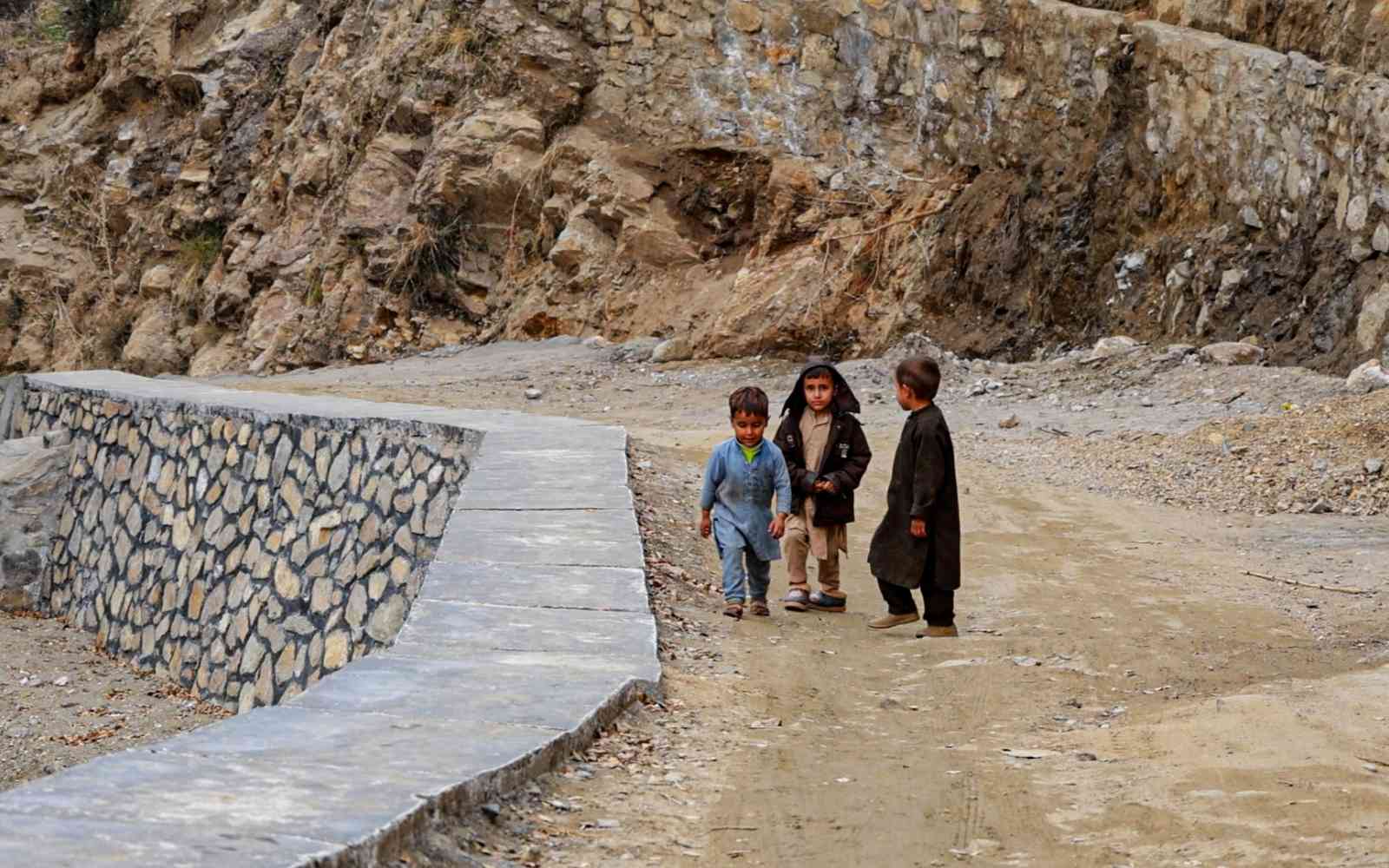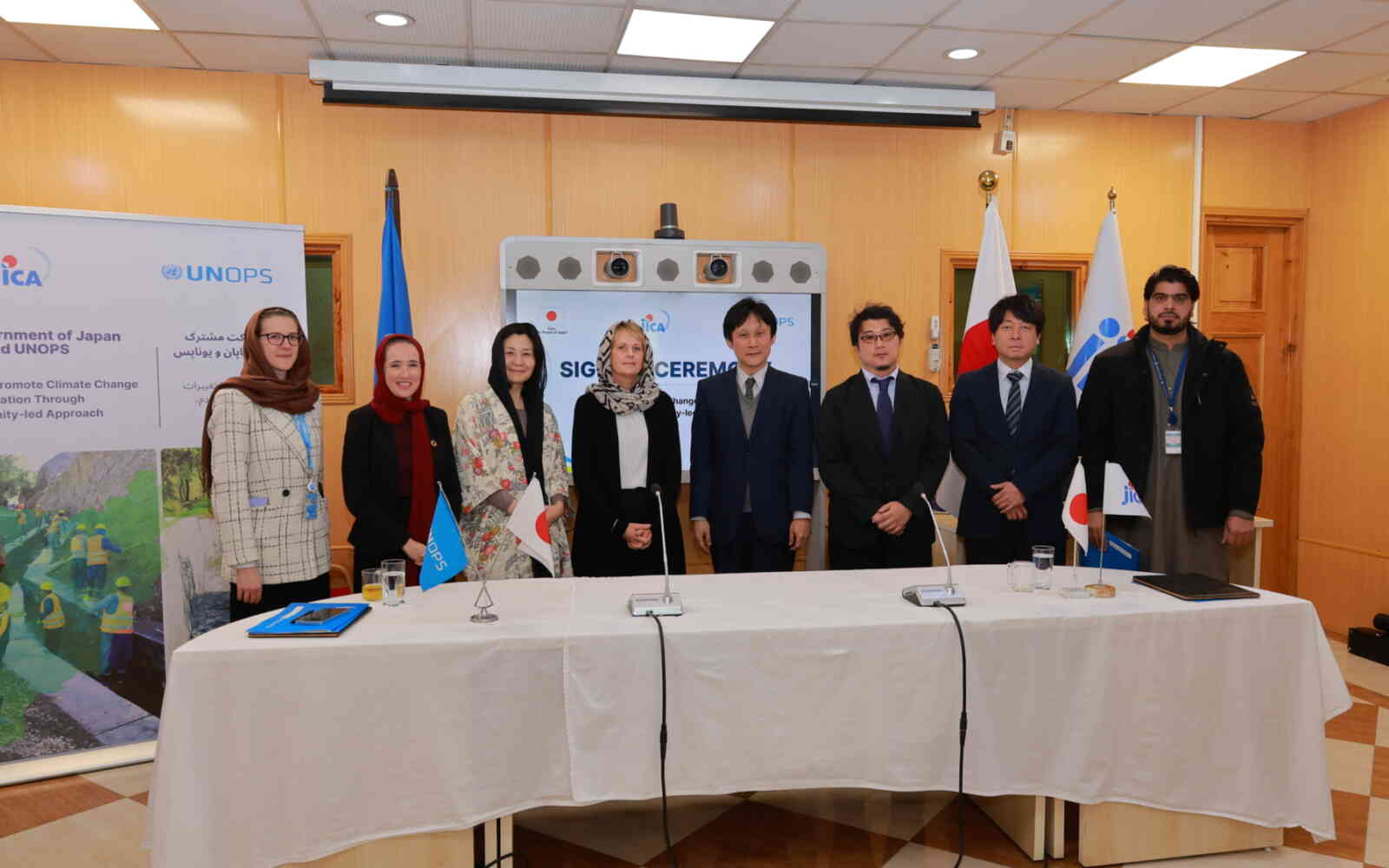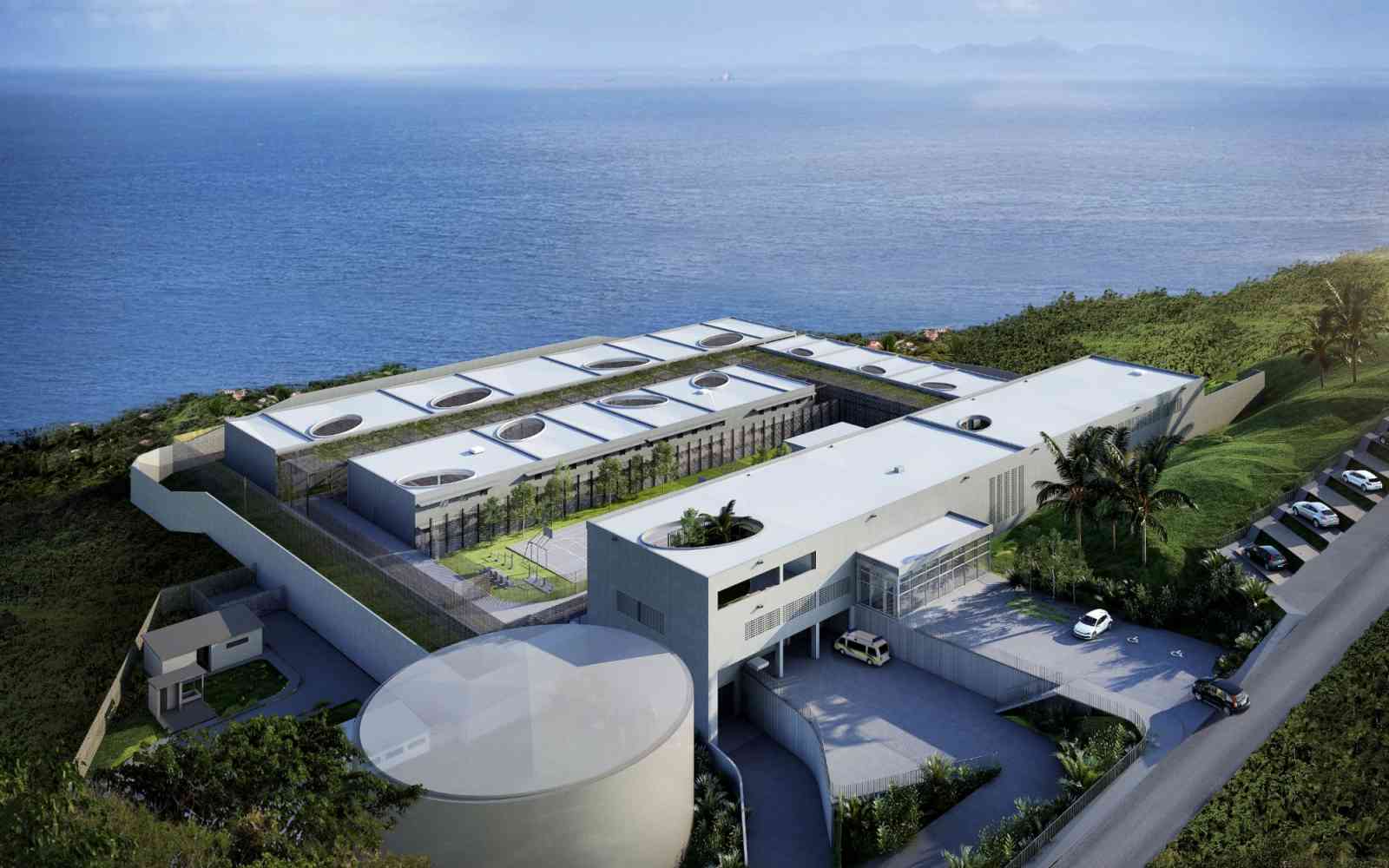The United Nations Office for Project Services (UNOPS)
Let’s be clear: going beyond 1.5C would break the Paris deal
Opinion article by Jorge Moreira da Silva, UN Under-Secretary-General and UNOPS Executive Director, originally published in Le Monde – 10 November 2025
I am writing this from Jamaica, where I have just seen the devastation left by Hurricane Melissa, the most powerful storm ever recorded here.
One hundred and twenty communities have been hit, with damage worth around $7 billion. A third of the country’s GDP is gone.
This is yet another brutal reminder of how vulnerable small island developing states are to a crisis they did not cause. They are footing the climate bill for emissions they did not produce.
I spoke with @ionewells on @BBCNews.#COP30 isn't about negotiation, it's about action and accountability.
— Jorge Moreira da Silva (@UNOPS_Chief) November 11, 2025
We're on a path to 2.5°C. The question is do we accept "overshooting" 1.5°C, or do we fix it now?
We must fix it now. pic.twitter.com/BqqNTRHklQ
But this devastation is also a warning for what’s at stake as COP30 begins this weekend in Belém, Brazil. Will world leaders stay faithful to the spirit – and the law – of the Paris Agreement, keeping the rise in global temperature to within 1.5C by the end of the century? Or will we start to accept a new narrative of 'inevitable overshooting' and plan to fix things later?
The former is the only option. The latter would not only violate the Paris Agreement, but it would also erode the integrity of international cooperation itself.
My history has been deeply connected to this issue.
In the early 2000s, as Member of the European Parliament, I helped design the EU Emissions Trading Scheme and I was the rapporteur for the EU ratification of the Kyoto Protocol. Later, as Minister of Environment and Energy of Portugal, I was part of the negotiations that led to the Paris Agreement in 2015. I remember quite well what the deal was: to move away from the top-down burden sharing approach of the Kyoto Protocol towards an inclusive and bottom-up system.
Every country would decide its own Nationally Determined Contribution (NDC), but all would work collectively towards carbon neutrality by 2050 and limiting warming to 1.5C by 2100. Progress would be reviewed every five years through global stocktakes.
What happened instead? The 2023 global stocktake showed we’re heading for 2.5 - 2.9C of warming – far off track.
Under the Paris Agreement, countries were meant to revise their NDCs by 2025 to close the gap. That hasn’t happened. By the 28 September deadline, only 120 countries had announced new targets, and just 65 had formally submitted them.
UNEP’s latest Emissions Gap Report launched confirms what many feared: the world is still on a course to a 2.3-2.5 warming by 2100. Instead of cutting emissions 55 per cent by 2035, current pledges would deliver only 10 per cent.
So what now? Should we accept 'overshoot now, fix later' as the new normal?
Absolutely not.
Let’s call it what it is: A collective failure and violation of the Paris Agreement, morally, politically and arguably, legally (even if some countries have set ambitious targets and deserve recognition for that). This failure not only undermines climate policy but weakens the integrity of the Paris Agreement itself.
The solution is clear. Rather than a leap of faith inconsistent with scientific evidence, governments must return to the drawing board and bring forward new NDCs that align with a 55 per cent reduction by 2035 and a 1.5C pathway by 2100.
But consistency is not just doing the right thing at home.The 1.5C goal – which is a physical limit not a technocratic consensus – won’t be reached without a significant boost of solidarity with developing countries. That means delivering at least $1.3 trillion a year in finance for mitigation, adaptation and loss and damage.
Climate action isn't just necessary and urgent. It is also good economics. Clean energy is now the cheapest power source in most markets. Renewables are driving innovation, improving energy security and creating jobs.
So, the question for COP30 is this: will leaders take the decisive course correction that science demands, or will they start a new political narrative about possibilities and pass the burden to the next generation?
Let’s not blame the Paris Agreement for its lack of delivery. We just need to honour it. Belém must bring the world back on the path to 1.5 C.










